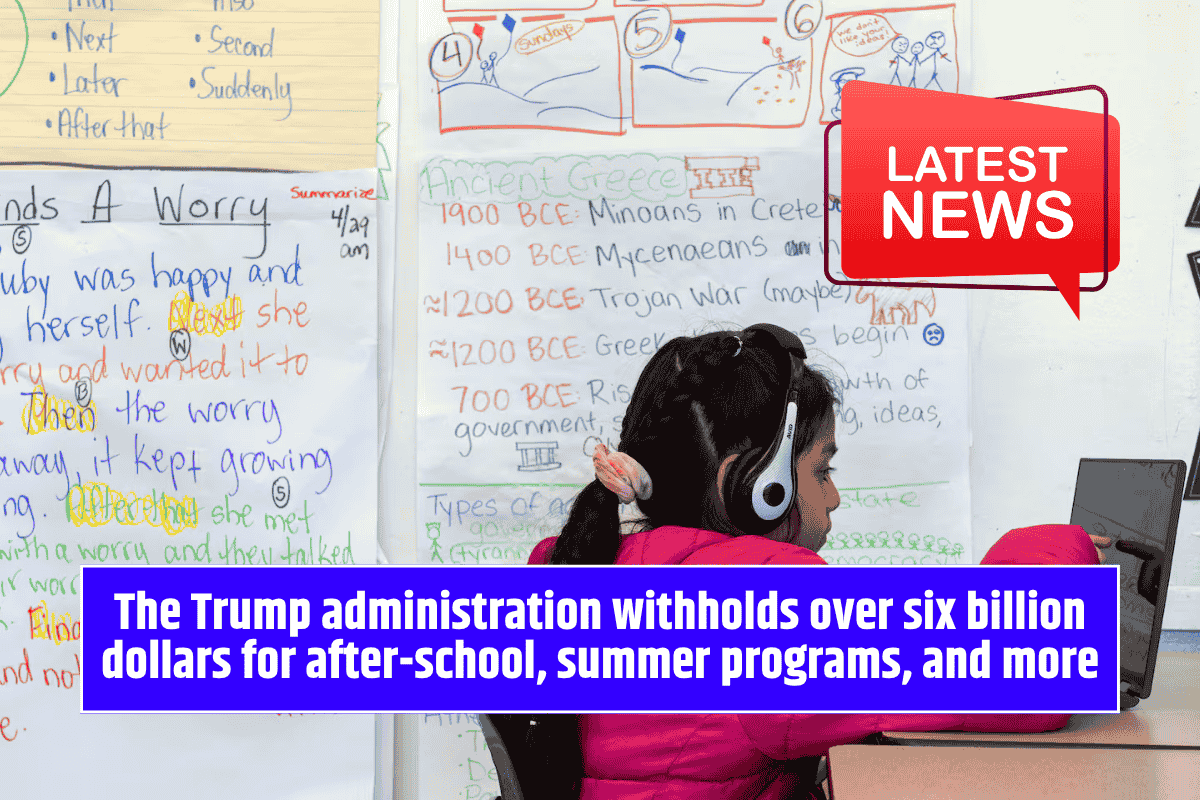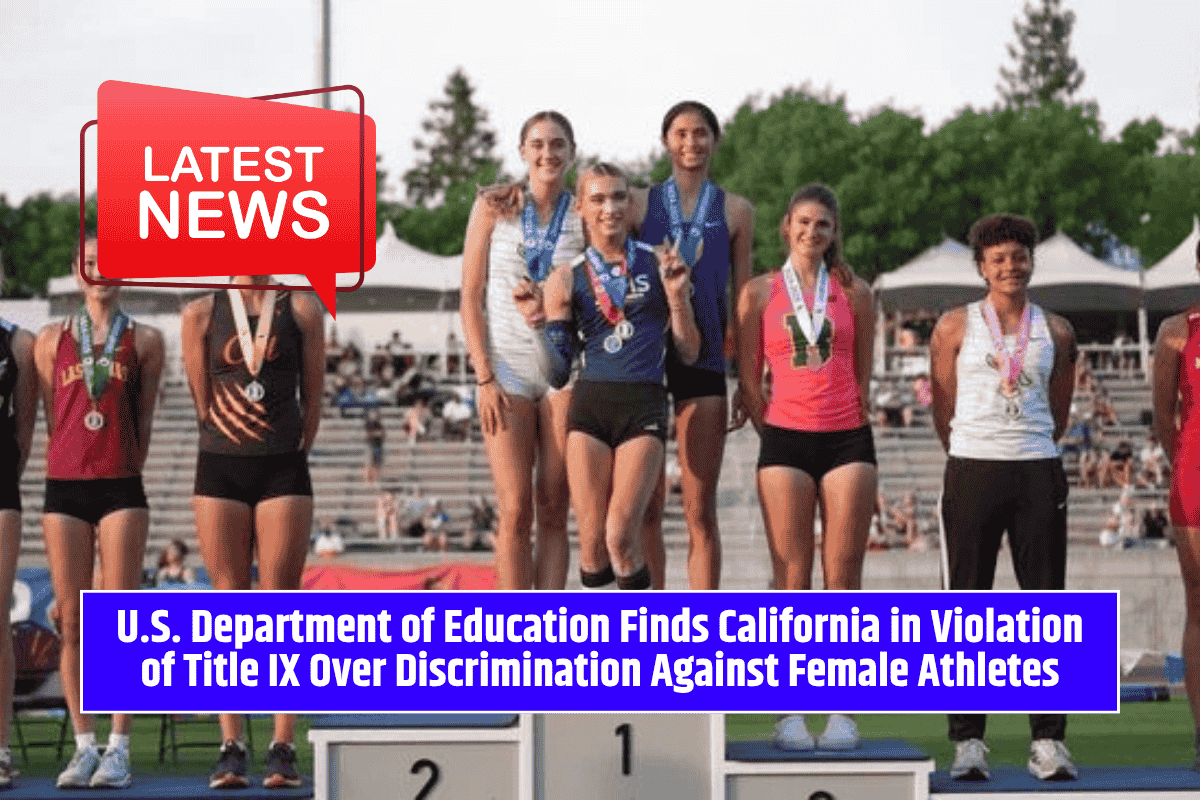The Trump administration’s decision to freeze funding for crucial education programs is causing uncertainty for schools and families across the United States.
This move affects more than $6 billion in federal grants that support after-school care, summer programs, and services for English learners and low-income students.
With the funding on hold, many schools and community programs may face serious disruptions, leaving families concerned about the future of essential services.
The Impact of the Funding Freeze
The Trump administration has decided to withhold over $6 billion in federal grants, which support a variety of educational programs, including after-school care, summer camps, language instruction, and adult literacy classes.
This freeze has left schools and community organizations uncertain about their budgets, with no clear indication of when or if they will receive the funds. This is especially concerning for low-income families, who rely on these programs for essential child care and educational support.
What Programs Are Affected?
The grants under review include several key programs that help schools provide crucial services for students.
One of the most significant programs is the 21st Century Community Learning Centers, which funds after-school and summer learning programs. This program alone supports more than 10,000 local initiatives nationwide.
Other programs affected include grants for teacher development, class size reduction, academic enrichment in subjects like science and math, and support for students learning English.
These grants are vital for schools across the country. For example, districts in California and Texas have millions of dollars in limbo, which could severely impact their ability to provide educational services and hire staff.
Schools rely on this funding to provide essential programs, and without it, many may have to cut back on services or even close their doors.
The Struggles of Low-Income Families
For low-income families, the consequences of the funding freeze are especially severe. Many children who attend after-school programs are there because their parents work long hours and need a safe, supervised environment for their children.
Programs like the Boys and Girls Clubs of America depend on these federal grants to offer summer camps and after-school care. If the funding doesn’t arrive soon, these programs could be forced to close, leaving children with fewer safe options during critical hours.
In rural areas, the situation is even more dire. In places like Umatilla School District in Oregon, where many students come from migrant families and are learning English, the loss of federal funding could lead to the closure of after-school programs and the dismissal of staff.
This would leave a significant portion of students without the support they rely on.
Political and Legal Reactions
The freeze has sparked political tension, especially between the Trump administration and Democrats. Many argue that withholding the money is illegal, as Congress had already appropriated the funds for these programs.
Democrats, like Senator Patty Murray, are pushing for the administration to release the money as originally intended. They argue that every day the funds are held back is another day of uncertainty for schools, teachers, and families.
The Bigger Picture
The freeze on funding highlights a larger issue of how the federal government prioritizes education.
Some advocates fear that this funding freeze could be part of a broader effort to eliminate these programs entirely, especially considering President Trump’s 2026 budget proposal, which called for zeroing out funding for many of these services.
If this happens, it could have long-lasting effects on the education system, particularly for children from disadvantaged backgrounds.






